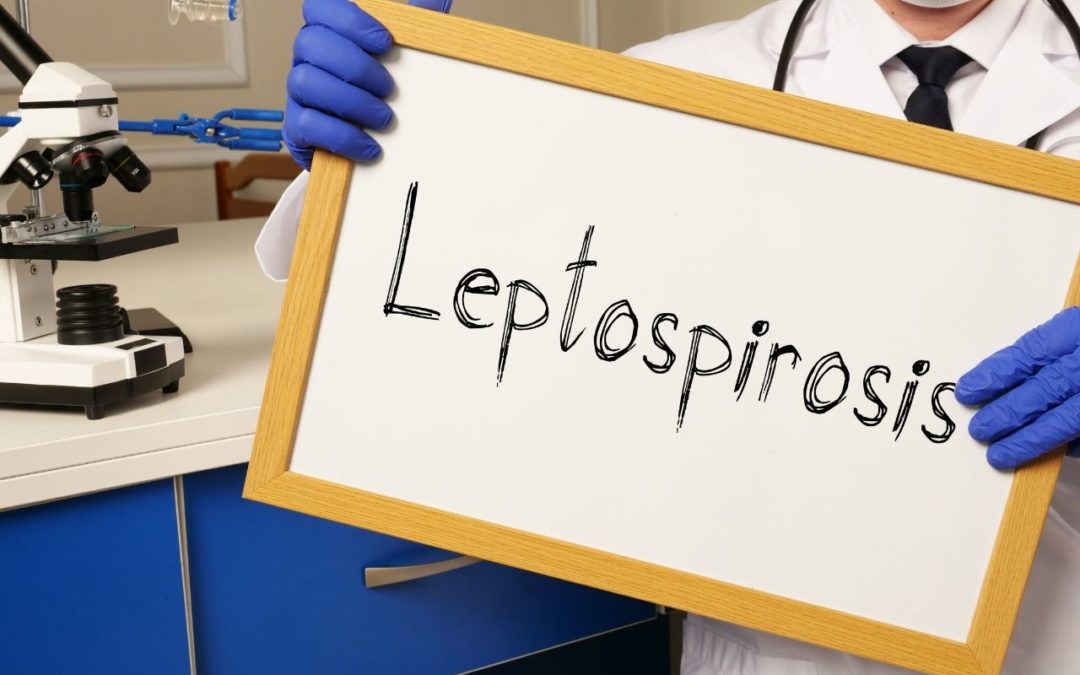After a recently reported Leptospirosis outbreak in Williamsburg, we have received a lot of questions regarding this disease. While the health department was unable to confirm if there were any fatalities with a direct link to this park closure, it is worth reviewing this disease as it can have severe complications.
What is Leptospirosis
Leptospirosis, also called lepto, is a bacteria that is commonly spread through the urine of rodents, mainly rats, that are infected with the disease. Dogs are exposed to this bacteria through stagnant water like puddles or damp surfaces like soil.
What are the symptoms?
Signs of leptospirosis infection are usually non-specific. This can make it a difficult illness to diagnose.
- Vomiting
- Fever
- Lethargy
- Jaundice
- Anorexia
Ultimately, as these non-specific symptoms progress, liver failure and kidney failure can occur. This can lead to severe illness and death.
Diagnosis
Based on clinical suspicion, laboratory tests are submitted to assist in diagnosis. These tests include bloodwork such as a complete blood count, blood chemistry to assess kidney and liver function, as well as a urinalysis to stage the level of kidney and liver changes.
There are specific laboratory tests that complement the previous tests. These tests include blood and urine analysis that screen for bacteria and antibodies. This is a difficult disease to diagnose and often requires multiple tests for confirmation.
Treatment
Lepto is a very serious disease that can result in death. In many cases, hospitalization is required. Antibiotics are administered to eliminate the bacteria and may be required for several weeks of treatment. Damages to organ function, especially the kidneys, may result in the need for chronic disease management.
Can people become infected?
It is possible for humans to contract leptospirosis. If your pet is diagnosed, it is essential to avoid contact with their urine and practice good hygiene. Isolation may be recommended and the use of gloves is advised when handling/ cleaning urine. One dog may spread it to their housemate through exposure to their urine. Cats are unlikely to acquire the disease but preventative measures to reduce exposure are recommended to be safe.
Prevention
Fortunately, there is a vaccine that can help prevent infection of the four most common serovars. We recommend that most dogs receive this vaccine as part of their core puppy shots and continue to receive lifelong annual boosters. There is a good amount of misinformation available about this vaccine and we are happy to discuss any questions or concerns you may have. While side effects like injection site pain and lethargy may be more common than with other vaccines, these are transient and resolve in 24-48 hours. Severe side effects are rare but can occur with any vaccine. In this case, the benefits outweigh the risk!

